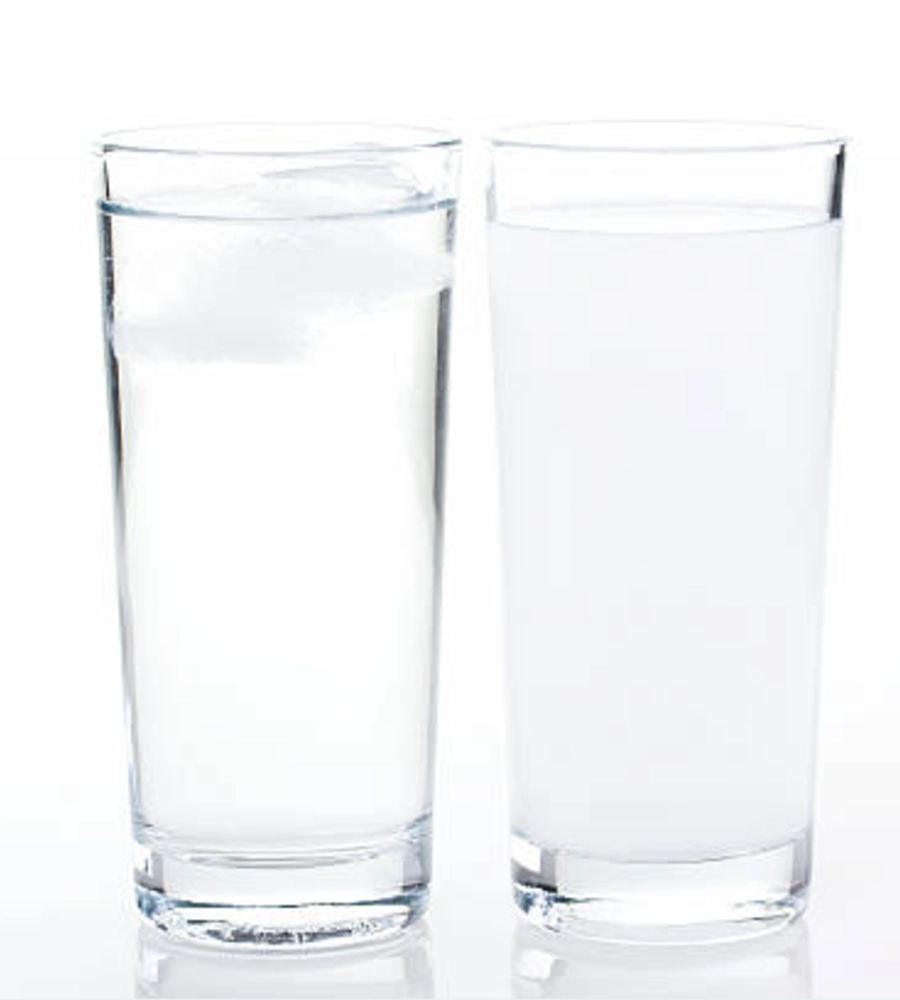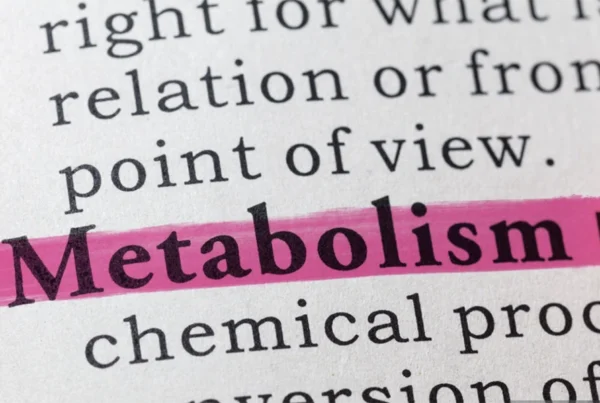Water is a basic necessity, and its clarity is often associated with safety and cleanliness. But what happens when your water appears cloudy? Should you be concerned, or is it just an aesthetic issue? Let’s unpack the myths and facts surrounding cloudy water, so you can feel confident about what’s coming out of your taps.
What Causes Cloudy Water?
Cloudy water, also known as turbidity, can occur for a variety of reasons – it might be caused by tiny air bubbles, dissolved minerals, or even sediment. While it’s easy to assume that cloudy water is dangerous, its appearance isn’t always an indicator of contamination.
Here are some common causes:
- Air bubbles: These can form naturally, especially if the water system has been recently flushed or if water pressure is high.
- Minerals: Dissolved calcium, magnesium, or other minerals can give water a cloudy appearance. This is particularly common in hard water areas.
- Sediment: Old pipes or recent plumbing work can release particles into the water, temporarily affecting its clarity.
Myth: Cloudy Water is Always Unsafe
One of the most common misconceptions is that cloudy water is inherently unsafe to drink – in many cases, cloudy water is perfectly fine and poses no health risks. For instance, if air bubbles are the cause, the water will typically clear up after a few moments as the bubbles rise to the surface.
Fact: Persistent Cloudiness May Require Attention
If your water remains cloudy for an extended period or has an unusual taste or odour, it could indicate an underlying issue. Contaminants, such as sediment from corroded pipes or bacterial growth, might be responsible (in such cases, it’s essential to consult a professional plumber or your local water authority to investigate further).
Hot Water and Cloudiness
Homeowners often notice that hot water from the tap is more prone to cloudiness than cold water – this is because heating water can cause dissolved gases and minerals to separate, leading to a temporary cloudy appearance. While cloudy hot water from the tap is usually harmless, it’s worth keeping an eye on if the cloudiness doesn’t dissipate quickly.
How to Ensure Your Water is Safe
To put your mind at ease, there are simple steps you can take to ensure your water is safe:
- Let it settle: If air bubbles are causing the cloudiness, the water should clear up within minutes.
- Check for maintenance updates: Contact your local water authority to see if there are any ongoing works that could affect water clarity.
- Install a water filter: For added peace of mind, a filtration system can help remove any impurities.
- Test your water: If you’re still concerned, a professional water quality test can identify potential contaminants.
The Bottom Line
Cloudy water is often harmless and can be caused by natural phenomena like air bubbles or mineral content – however, persistent or unusual cloudiness might indicate a problem that requires professional attention. By understanding the causes and addressing any concerns proactively, you can ensure that your household water remains safe and refreshing. So, the next time you notice cloudy water in your glass, take a moment to evaluate it – chances are, it’s just a temporary quirk rather than a cause for alarm.







